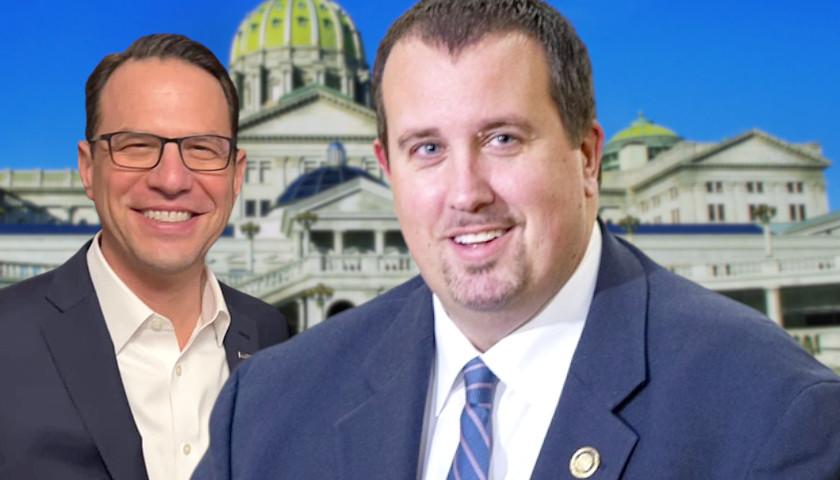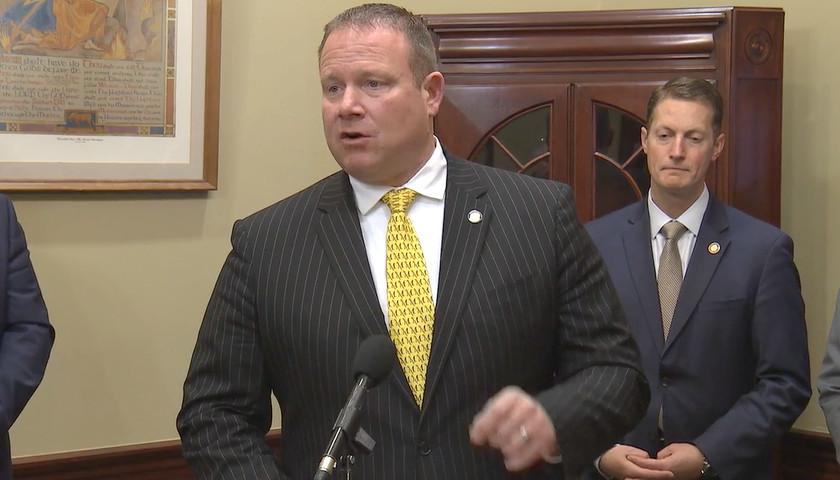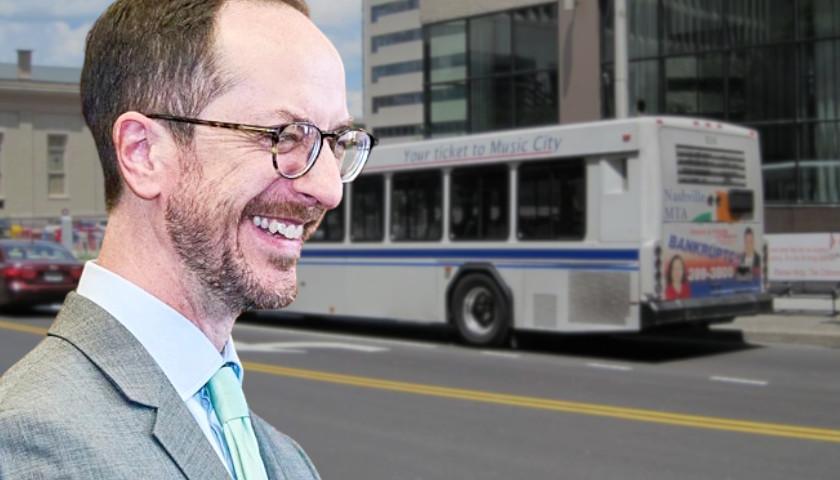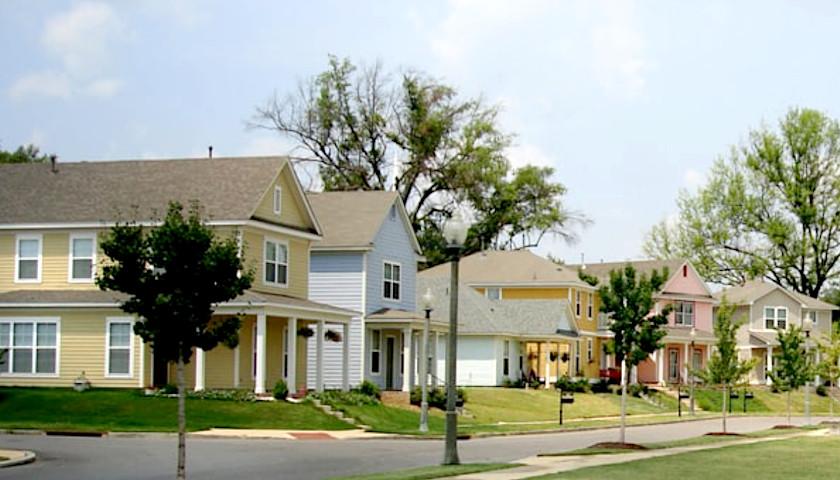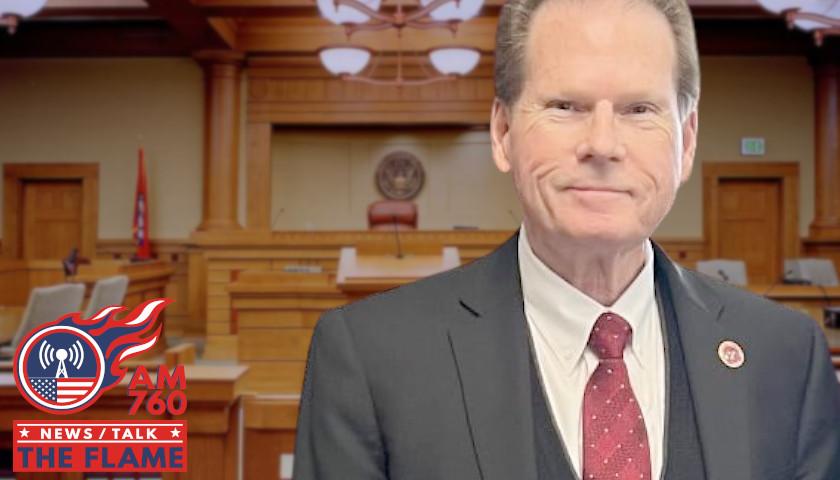Unlike his fellow Democrat and predecessor Tom Wolf, Pennsylvania Governor Josh Shapiro hasn’t asked for tax increases as part of his first budget request. But the ranking Republican on the state House Appropriations Committee said on Wednesday that tax hikes likely await Pennsylvanians in a few years if lawmakers don’t pare back Shapiro’s spending proposal.
“We are facing massive structural deficits,” Representative Seth Grove (R-York) told reporters at the GOP Appropriations Committee Office in Harrisburg. “It’s something that is on our minds here in the General Assembly.”
Grove said the governor’s plan would spend $45.8 billion in Fiscal Year 2023-24, a 5.9-percent increase over current expenditures. That’s greater than the $44.9 billion figure (a 3.7-percent increase) that Shapiro’s own calculations yielded. Accounting for much of the difference is the administration’s decision to shift the State Police allocation from the General Fund to a special fund, something Grove (pictured above, right) said he thinks amounts to gimmickry that only serves to hide fiscal reality.
The representative, whose party is now in the minority in the State House, said both parties bear some responsibility for moving components of the state budget into special accounts over the years, obscuring the fact that real state spending surpasses $110 billion annually. The state’s insurance and banking agencies, for instance, are financed entirely outside of the General Fund and therefore don’t show up as part of regular budget figures.
“I don’t think it’s a secret that the General Assembly, through budgets, and the governor, through agreements, have moved a lot of state funding offline dating back decades,” he said. “Personally, I’ve never liked these [special funds]. I think it’s bad for transparency.”
Even considering just General Fund expenditures, including State Police, projected deficits will force legislators to either backtrack with massive spending cuts or enact punishing tax rises by 2027 at the latest. While Republicans support some of the spending increases Shapiro (pictured above, left) is seeking, for instance, on technical education or new state-trooper cadet classes, Grove said the governor’s broader urge to ramp up state outlays will have to subside for the budget to be fiscally responsible.
A major problem Grove sees with the governor’s outlook is a failure to anticipate spending growth over the next five fiscal years. While Shapiro’s budget presentation anticipates spending growth tapering from 2.62 percent after the next fiscal year to 1.94 percent in FY 2027-28, Grove said recent experience should counsel policymakers to expect as much as six percent growth over that period of time.
If that happens, the state will incur an eventual $10 billion deficit. Even if spending ramps up at a more modest four percent, the deficit will exceed $6 billion, necessitating higher taxes.
“We could get more revenues in, but I don’t think we’re going to get the billions of dollars needed to balance the budget,” Grove said.
He explained those deficit projections don’t even factor in the possibility of a recession, something many economists believe could come in the next year.
“This is just [if] we’re clicking along [and] nothing bad happens, right?” he said. So I think we all realize that a bad economy means these numbers [are] a bigger problem.”
To avoid an immediate tax increase, the governor plans to draw upon reserve funds and the state’s Rainy Day Fund over time, a controversial move when the commonwealth is not in a state of emergency but merely faces an ordinary structural deficit.
The minority chair also disputed that Pennsylvania taxpayers will realize the savings Shapiro initially forecasted by eliminating the 6 percent sales tax on cellular-phone usage. While still the state attorney general campaigning for the governor’s office last year, Shapiro said repeal would save Keystone State taxpayers $300 million annually in total; in his budget address last week, the governor predicted about $124 million in savings. House Republicans’ examination of executive branch budget documents leads them to conclude, however, that the elimination will yield cell phone users $90 million at the most.
The governor wants to make up for that component of lost revenue with an increase in 911 fees, and Grove said this could result in a net cost to Pennsylvanians.
While Shapiro’s party controls the House of Representatives, the chamber is nearly evenly divided between Republicans and Democrats. The Senate, meanwhile, has a substantial GOP majority, meaning the governor will need a bipartisan agreement to enact a spending plan. His office could not be reached for comment.
– – –
Bradley Vasoli is managing editor of The Pennsylvania Daily Star. Follow Brad on Twitter at @BVasoli. Email tips to [email protected].
Photo “Seth Grove” by Seth Grove. Photo “Josh Shapiro” by Josh Shapiro.

